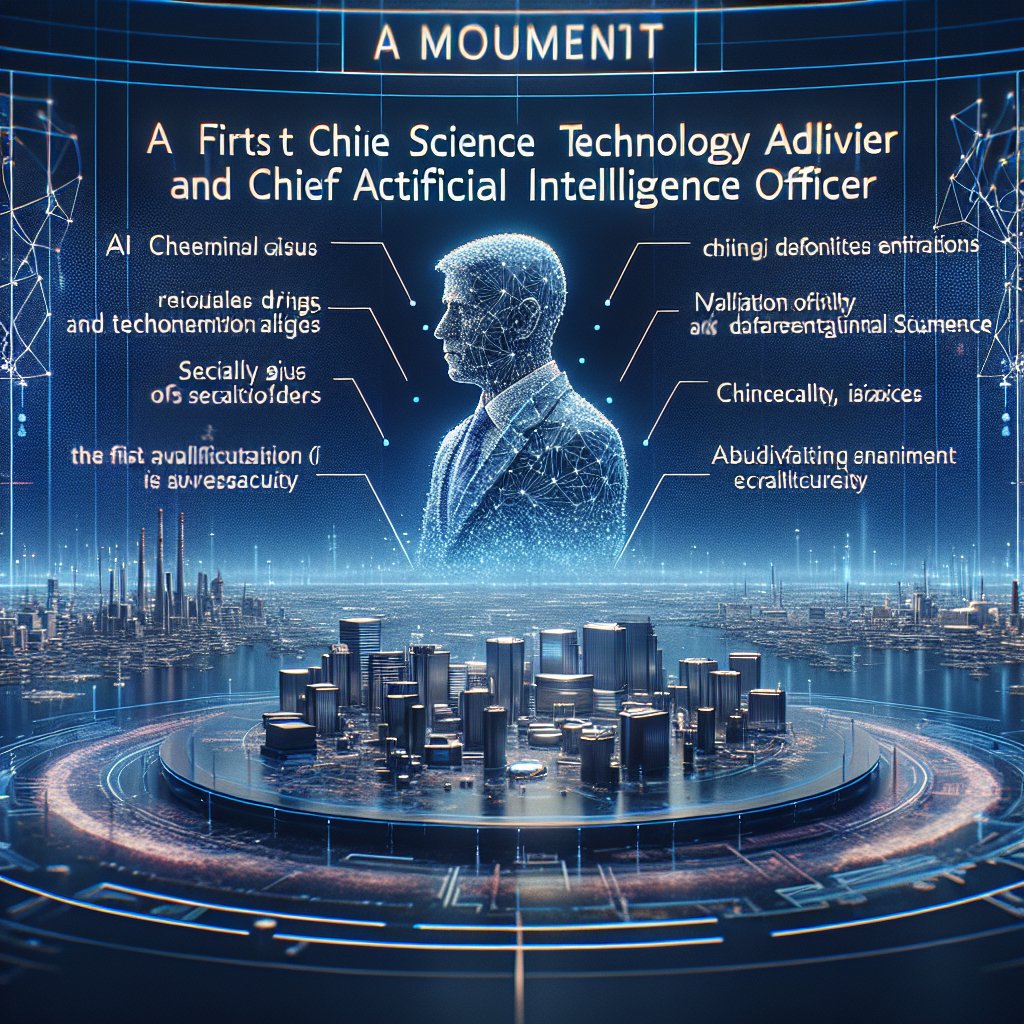Image created by AI
US Justice Department Appoints First AI Officer Amid Emerging Tech Challenges
The United States Department of Justice has taken a significant step forward in addressing the complexities and challenges of artificial intelligence (AI) within the legal and enforcement fields by appointing its first Chief Science and Technology Adviser and Chief Artificial Intelligence Officer. On Thursday, the department announced that Jonathan Mayer, a distinguished professor at Princeton University known for his work at the intersection of technology and law, had been selected for the role.
Amidst a landscape where AI is swiftly altering the face of various sectors, the Justice Department has recognized the urgent necessity to adapt and integrate these technologies responsibly. Merrick Garland, the US Attorney-General, underscored the critical need for the department to maintain pace with rapid scientific and technological advancements. This need is amplified by the Justice Department's mission to uphold the rule of law, safeguard national security, and protect civil rights.
Mayer's role will be pivotal in steering the department through uncharted territories as AI technologies continue to grow at an unprecedented rate. He will be responsible for offering counsel to Garland and other leaders within the department on the incorporation of AI into investigations and criminal prosecutions.
Already, AI has been instrumental in various departmental tasks such as tracking the origin of illegal drugs, processing FBI tips, and sorting evidence in complex cases, including the investigation of the January 6, 2021 attack on the US Capitol, as detailed by Deputy Attorney-General Lisa Monaco.
While the potential benefits of AI are clear, its deployment is not without risks. Monaco, in a speech delivered in Britain, outlined the potential for AI to deepen existing societal biases, interfere with democratic processes, and open new avenues for cybersecurity threats. Her words resonate with the broader discussion on AI ethics and the imperative to balance innovation with civil liberties and privacy protection.
Mayer's appointment also coincides with the creation of a specialized board comprising law enforcement and civil rights officials to guide the department on ethical and effective AI usage. Additionally, Mayer’s tenure will see the recruitment of technological talent to bolster the department's expertise in handling and understanding emerging technologies.
This development reflects a profound recognition by government agencies of the transformative power of AI, along with the responsibilities that accompany its integration into the fabric of federal law enforcement and the criminal justice system. The appointment of Mayer, with his unique background serving as a technical adviser to political figures and agencies, paves the way for the Justice Department to navigate the AI-driven future with a measured and informed approach.










